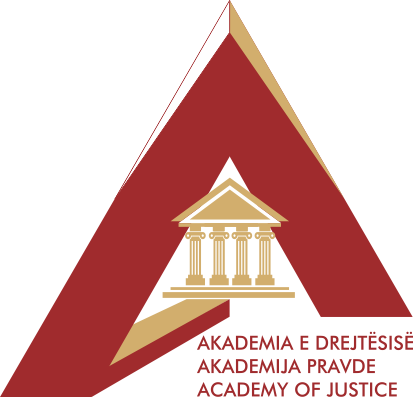
 ACADEMYOF JUSTICE
ACADEMYOF JUSTICE
November 19 2019, Academy of Justice organized training on “Judgments and types of judgments according to the Law on Contested Procedure” within its Continuous Training Program. Purpose of this training was to extend the judges knowledge on judgments as form of merit based decision, and types of judgments that the court may issues in a contested legal matter.
First part of the training covered the following: judgments, types of judgments and conditions for issuing them according to the Law on Contested Procedure. And second part elaborated on content of the judgments and reasoning of each type of judgment.
Initially the training highlighted that the Law on Contested Procedure in relation to the merit based deciding on judicial contests has foreseen several types of judgments to be issued by court, under certain circumstances, and after the special procedural requirements are met. Evaluation of specific conditions for each type of judgment by courts has caused several dilemmas that are impacting that in some cases the courts wrongfully assess these conditions, which consequently brings conclusions, respectfully judgments, that breach provisions of the contested procedure.
The training continued emphasizing that by a judgment the court decides on the grounds of the claim which is subject of the trial. When deciding on the main issue, the court is tied to the parties requests. It cannot decide on other matters, except on those requested by the party. The court in cases when deciding on merits is obliged to decide on all the claims entirely. The judgments, besides decision on the main issue, also contain the decision on the accessory claims (interest, contractual penalties and costs of proceedings).
Pertaining to the reasoning of court judgments, it was highlighted that this has been elaborated also within the Kosovo’s Constitutional jurisprudence, that considers that a reasoned judicial judgment is substantial and inseparable part of the right to a fair legal process, under Article 31 of the Constitution and Article 6 of the ECHR.
Regarding the reasoning of judgments, it was emphasized that the court in its decisions takes count of the European Court on Human Rights principles, which among others says that “The judgment reasoning is a key component of the fair trial and it is essential for bringing justice, and it is the best indicator that the courts in their decisions have founded statements. A well-reasoned judgment shows to the parties that they have been heard. And on the other hand, only by providing reasoned judgments we can have public control of the justice administration”.
This training used combined methods of teaching with the theoretical part based on judicial practice, and exercises, interactive discussion, handouts, analysis of practical cases, and elaborating applicable legal provisions that regulate this area, and explaining the uncertainties raised at the training.
Beneficiaries of this training were judges of Basic Courts, the Appeals Court as well as professional associates.
19-11-2019